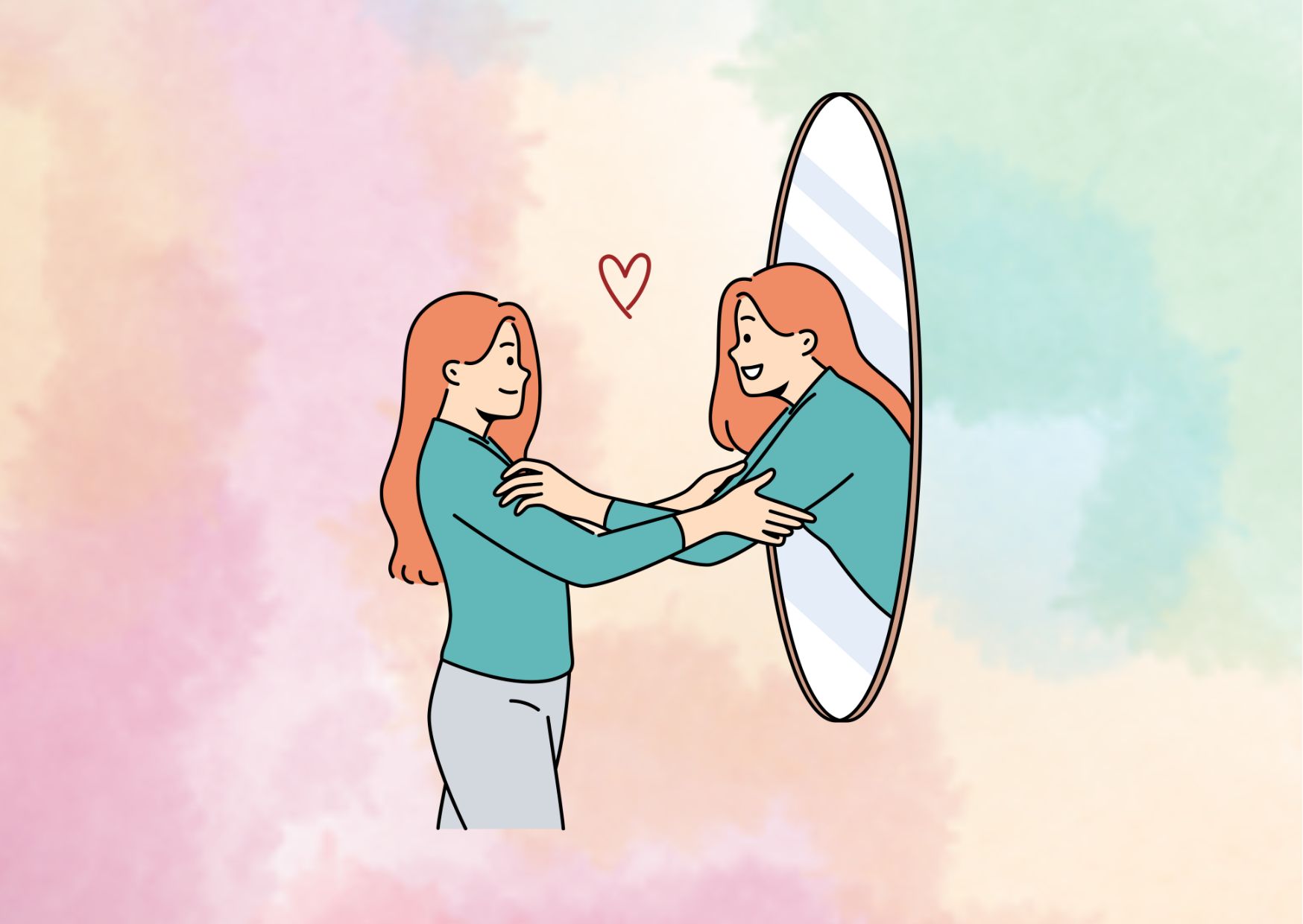Effects of Low Self-Worth
Low self-worth can have far-reaching consequences on an individual’s mental health, behavior, and relationships. Here are some of the common effects of low self-worth:
Mental Health Issues
Low self-worth is closely linked to various mental health problems. Individuals with low self-esteem are more susceptible to developing conditions like depression, anxiety, and eating disorders. They may experience persistent feelings of sadness, worthlessness, and insecurity, which can exacerbate existing mental health issues or increase the risk of developing new ones.
Behavioral Problems
Low self-worth can manifest in maladaptive behaviors and coping mechanisms. People with low self-esteem may engage in substance abuse, such as alcohol or drug use, as a means of coping with their negative self-perception or fitting in with peers. They may also exhibit antisocial behavior, struggle with motivation, and avoid activities where they might be judged or criticized by others.
Impact on Relationships
Self-worth plays a crucial role in interpersonal relationships. Individuals with low self-esteem often have difficulty forming and maintaining healthy relationships. They may experience:
- Jealousy and insecurity in romantic relationships, fearing that their partner will leave them or perceiving themselves as undeserving of love.
- Difficulty expressing their needs and boundaries, leading to unfulfilled needs and strained relationships.
- Reluctance to share ideas or contribute in professional settings, hindering their ability to showcase their talents and foster synergistic relationships with colleagues.
Low self-worth can create a self-perpetuating cycle, where negative self-perceptions lead to unhealthy behaviors and strained relationships, further reinforcing the individual’s low self-esteem.
Suggestion for read: 12 Positive Effects of Visualization Meditation
Boosting Your Self-Worth
Boosting self-worth is an ongoing process that requires conscious effort and commitment. Here are some effective strategies to cultivate a healthier sense of self-worth:
Identifying Negative Beliefs
Negative core beliefs about oneself can significantly undermine self-worth. These beliefs often stem from childhood experiences, traumatic events, or consistent patterns that negatively impact an individual. Common negative beliefs include “I’m a failure,” “I’m not worthy of love,” “I’m a burden,” and “I feel alone.” Identifying these negative beliefs is the first step towards challenging and reframing them.
To identify negative core beliefs, one should pay attention to recurring patterns in thoughts, emotions, and behaviors, reflect on automatic reactions and self-perception, examine how past experiences shape beliefs, and observe behavioral patterns. Seeking feedback from trusted individuals or engaging in therapy can also aid in this process.
Positive Affirmations
Positive affirmations are powerful tools for replacing negative thoughts with more constructive and empowering beliefs. By focusing on affirmations that highlight one’s worth, strengths, and potential, individuals can shift their perspective from self-criticism to self-acceptance.
Examples of positive affirmations include:
- “I am a valuable human being.”
- “I appreciate who I am.”
- “My future is bright.”
- “I deserve to be happy.”
- “I embrace my happiness.”
Repeating these affirmations regularly can rewire thought patterns, increase self-compassion, and cultivate a more positive view of oneself.
Building Supportive Relationships
Surrounding oneself with a supportive network of family, friends, or a community can significantly boost self-worth. Healthy relationships provide a sense of belonging, validation, and encouragement, which can counteract feelings of loneliness or worthlessness.
Building supportive relationships involves:
- Identifying and spending time with individuals who uplift and encourage you.
- Being open to receiving compliments and positive feedback from others.
- Engaging in activities or groups that align with your interests and values.
- Seeking professional support, such as counseling or support groups, if needed.
Fostering a supportive and nurturing environment can reinforce positive self-perceptions and promote emotional resilience.
The content for the section “Boosting Your Self-Worth” has a word count of 334 words.</word count>
Conclusion
In summary, fostering a strong sense of self-worth is crucial for overall well-being, healthy relationships, and personal growth. By understanding the causes of low self-worth, recognizing its pervasive effects, and actively implementing strategies to boost self-esteem, individuals can embark on a journey of self-acceptance and self-love. It is a continuous process that requires patience, self-compassion, and a commitment to challenging negative beliefs and embracing one’s inherent worth.
Remember, seeking support is a courageous step towards nurturing your self-worth. Consider seeking professional support from licensed therapists or counselors who specialize in pre-marriage counseling. Online counseling services, such as those provided by InquireTalk, offer convenient and accessible options for couples seeking guidance and support. Prioritize your mental well-being and take the first step towards a happier and more fulfilling life together.
FAQs
- What are some effective methods to improve self-worth?
Improving self-worth can be achieved through several practical steps:
- Be compassionate towards yourself.
- Spend time understanding your own happiness triggers and values.
- Challenge negative thoughts about yourself.
- Practice affirming your positive qualities.
- Learn to say no without feeling guilty.
- Avoid comparing yourself to others.
- Treat yourself kindly and do things that make you feel good.
- What are the signs of having low self-worth?
Individuals with low self-worth often experience feelings of incompetence, being unloved, or inadequacy. They might constantly fear making mistakes or disappointing others. This can significantly impact their mental health and negatively influence their personal and professional relationships.
- Why do some people suffer from low self-worth throughout their lives?
Chronic low self-worth can stem from various factors including:
- A challenging childhood with critical parents or influential figures.
- Poor academic performance leading to diminished confidence.
- Continuous life stresses, such as relationship issues or financial difficulties.
- What influences our sense of self-worth?
Several factors play a role in shaping our self-worth:
- Core beliefs and personal values.
- Thoughts and personal perceptions.
- Emotional health and mental well-being.
- Interactions and experiences with others.
- Current and past relationships.
- Physical health and fitness.
- Professional life and career achievements.
- Engagement in activities and hobbies.
Here are few certified therapists who you can get in touch and book a therapy session with:
Paul Weeden
Natalie Mills
Nik Ethdridge
